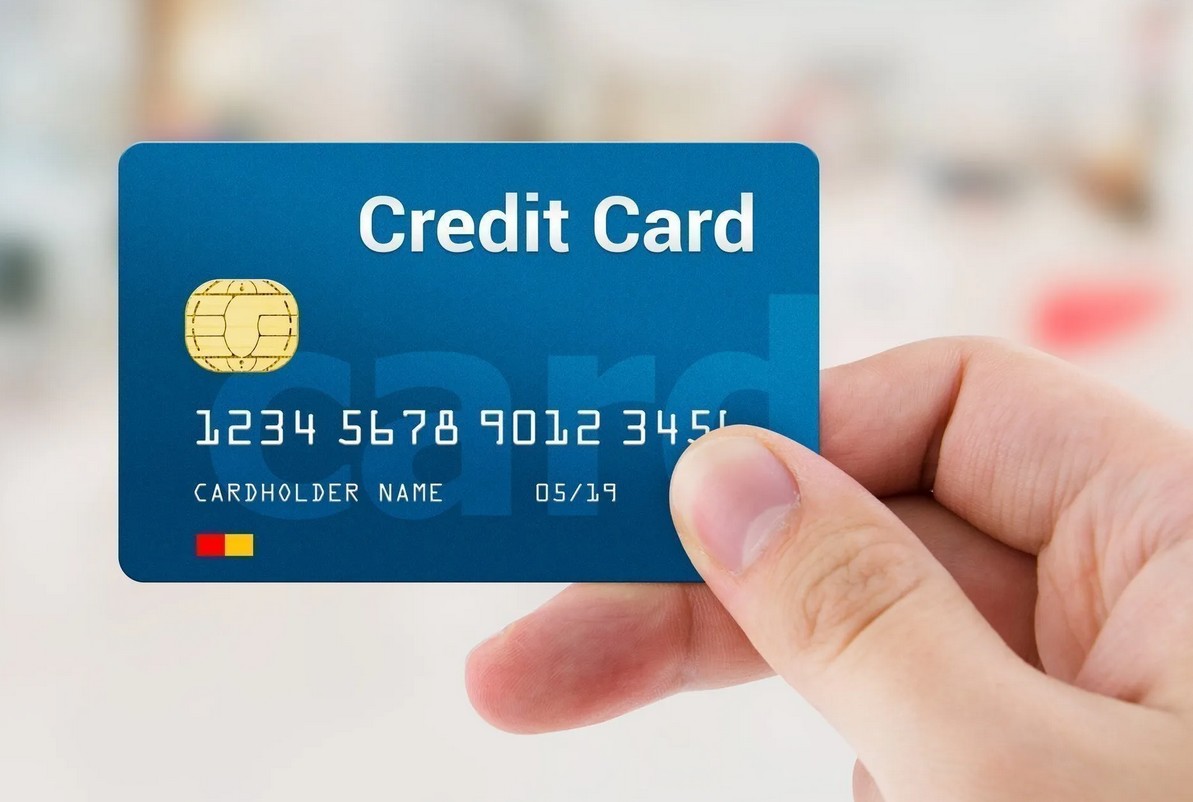Using a credit card responsibly can offer several benefits, but it’s crucial to understand the right situations for it. Here are some key times when using a credit card might be a good idea:
1. For building credit: If you have little or no credit history, responsibly using a credit card and paying your balance in full each month can help you build a strong credit score. This can unlock better interest rates on loans, mortgages, and other forms of credit in the future.
2. For earning rewards: Many credit cards offer rewards programs, such as cash back, travel points, or airline miles. If you spend regularly on categories your card rewards, you can accumulate valuable points or cashback over time. However, always ensure the rewards outweigh any annual fees or interest charges.
3. For added security and fraud protection: Credit cards generally offer better fraud protection than debit cards. If your card is lost or stolen, you’re typically not liable for unauthorized charges, unlike debit cards where money is directly withdrawn from your bank account.
4. For emergency purchases: Having a credit card with a decent credit limit can be helpful for unexpected expenses, like car repairs or medical bills. However, only use this option if you know you can pay off the balance soon to avoid high interest charges.
5. For online purchases: Using a credit card for online purchases is generally safer than debit cards, as credit card companies often have stronger fraud protection measures in place. This can provide additional peace of mind when shopping online.
However, you should avoid using a credit card in these situations:
1. If you can’t pay your balance in full each month: Carrying a credit card balance accrues interest charges, which can quickly negate any rewards you earn. Only use your card if you’re confident you can pay off the full balance by the due date.
2. For impulse purchases: Credit cards can make it easy to overspend, especially if you’re prone to impulse purchases. Stick to a budget and avoid using your card for non-essential items you can’t afford.
3. For cash advances: Credit card cash advances come with hefty fees and high interest rates. Avoid using your card for cash withdrawals unless it’s an absolute emergency.
4. When you have high-interest debt: If you already have high-interest debt, like payday loans or personal loans, focus on paying those off first before adding more debt with a credit card.
Remember, using a credit card responsibly is key to reaping its benefits and avoiding financial trouble. Always track your spending, set spending limits, and pay your balance in full each month to maximize the advantages of your credit card and avoid debt accumulation.


